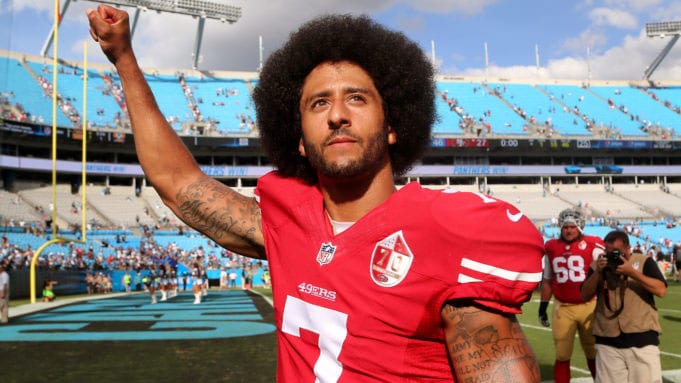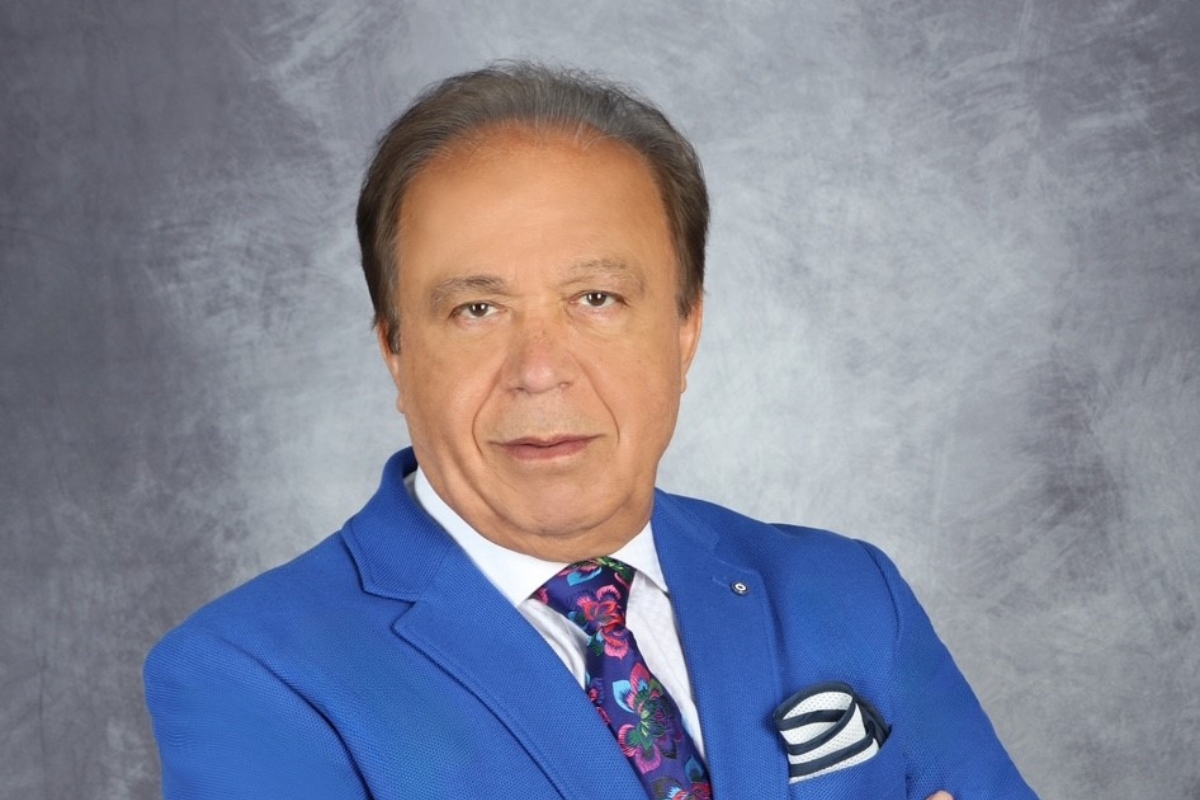“Believe in something, even if it means sacrificing everything.” An intriguing tagline for Nike’s bold ad campaign featuring the controversial Colin Kaepernick. From being blackballed by the National Football League for his beliefs to becoming one of the most iconic figures in activism today, Kaepernick’s story is an interesting and divisive one. Yet, the quarterback managed to overcome the barriers and overwhelming hatred placed in front of him to reach a level of success – and scrutiny – that only a few are brave enough to handle.
In high school, Kaepernick was an athletic phenomenon, excelling at every sport he played. As a senior in 2006, Kaepernick was listed by Major League Baseball as a “draftable prospect” and received several baseball scholarship offers, but he remained hopeful for a football scholarship. Surprisingly, it was a high school basketball game that would determine his fate as a professional football player. A recruiter for University of Nevada went to see him play basketball, since football season was over. What the recruiter saw demonstrated the heart and will power of Kaepernick. With a 102-degree fever, he “played the entire game and dominated”, demonstrating not only his athleticism but his “competitiveness and toughness.”
With a scholarship to University of Nevada, Kaepernick played for the Nevada Wolf Pack. While there, he won the Offensive Player of the Year Award (2008, 2010), and in 2010, he graduated with a degree in Business Management. Soon after, his dream would come true with a spot with the NFL’s San Francisco 49ers.
While Kaepernick enjoyed great success, it was during a time of great political and cultural turmoil in the US. Data collected by the Guardian showed that African-Americans were killed by police in the US at more than twice the rate of white people in 2015 and 2016. This being just one of many symptoms of the systemic racism towards black people in America, several movements formed to raise awareness and combat this imbalance in the country, including Black Lives Matter. Kaepernick decided it was time to take a stand… by kneeling.
The same passion that Kaepernick brought to that fateful high school basketball game could be seen every time he knelt for the national anthem. He continued kneeling even through the negative backlash brought on by right-wing fanatics who misconstrued Kaepernick’s protest as a sign of disrespect towards America’s troops.
This wouldn’t deter Kaepernick, who said, “I am not going to stand up to show pride in a flag for a country that oppresses black people and people of color… To me, this is bigger than football and it would be selfish on my part to look the other way. There are bodies in the street and people getting paid leave and getting away with murder.”
Ultimately, the controversy proved to be too much for the 49ers, who benched him until his contract expired in 2017. That same year, Kaepernick filed a grievance against the NFL stating that the league’s owners colluded to blackball him.
Kaepernick’s football career was cut short prematurely and is now unfairly lumped together with Michael Vick (animal abuse), Ray Rice (domestic abuse), and OJ Simpson (accused of murder) as NFL persona non grata. But even with the negative association, Kaepernick is making the most of his fame (or infamy), helping out charities with substantial donations aimed to help lower income or struggling black communities. He also created the Million Dollar Pledge, matching other donations from celebrities like Stephen Curry, Kevin Durant, Serena Williams, and Snoop Dogg.
Kaepernick’s activism not only helped bring attention to an important issue, but earned him wider recognition. In 2017, he earned GQ magazine’s “Citizen of the Year” award, as well as Sports Illustrated’s Muhammad Ali Legacy Award. This year also saw Kaepernick earn the 2018 Ambassador of Conscience Award from Amnesty International.
Although no longer with the NFL, Nike stepped up in full support of Kaepernick, making him the new face of the company. Kaepernick faces the repercussions of adding activism to sports, as Muhammad Ali did decades prior when he faced jail time for refusing to fight in the Vietnam War. Although he’ll have lost these prime years of playing football, the positive effects from Kaepernick’s sacrifice are more than worth it.
Alex Correa | Contributing Writer


















